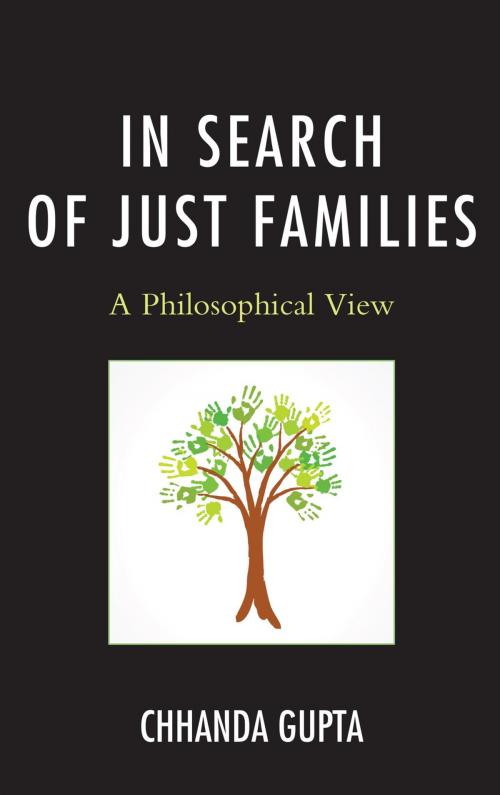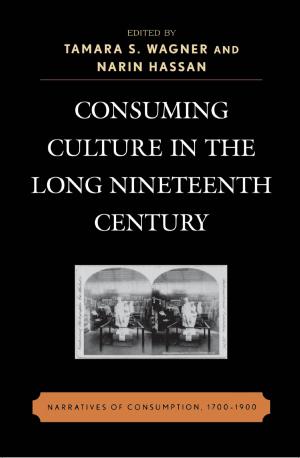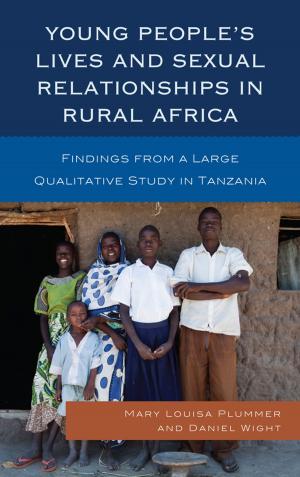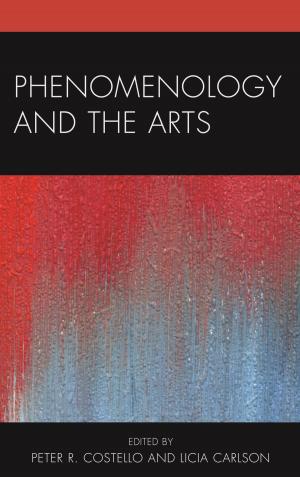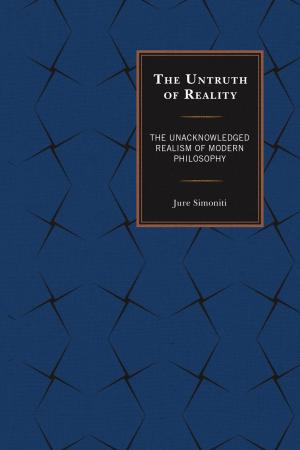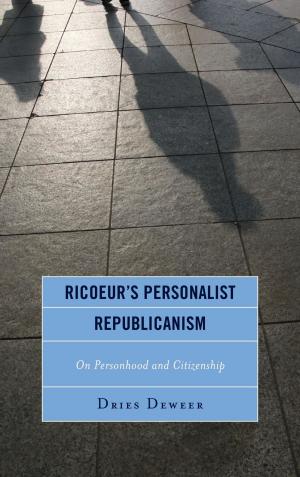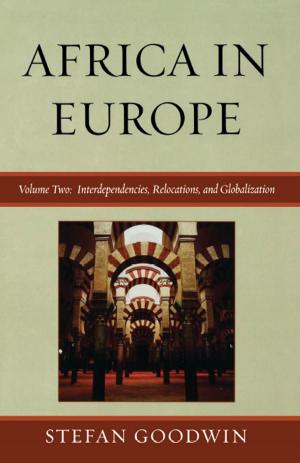In Search of Just Families
A Philosophical View
Nonfiction, Religion & Spirituality, Philosophy, Ethics & Moral Philosophy, Social & Cultural Studies, Social Science, Gender Studies, Sociology| Author: | Chhanda Gupta | ISBN: | 9781498562522 |
| Publisher: | Lexington Books | Publication: | June 6, 2018 |
| Imprint: | Lexington Books | Language: | English |
| Author: | Chhanda Gupta |
| ISBN: | 9781498562522 |
| Publisher: | Lexington Books |
| Publication: | June 6, 2018 |
| Imprint: | Lexington Books |
| Language: | English |
This book explores two contemporary combative views regarding the search for just families. These views arise from the conundrum of the family being seen as a supportive, nurturing “haven” versus a grievously unjust, harmful institution that violates the rights and freedoms of any individual family member.
Triggered by anti-family movements, which have been inspired by the ideas of some theorists and writers, the book addresses the question: Is family destined to wither away? It challenges the radical idea that the solution to the problem of unjust families is their complete replacement by purportedly just anti-familial alternatives.
Chhanda Gupta advances a distinct reformist and reconciliatory view that the expulsion of either side of the family-anti-family binary is not the answer. She seeks to syncretize the seemingly irreconcilable ideas propagated through that philosophical binary. Furthermore, she urges that the search for just families must find its answer in clarifying how the term “just” applies to the characters, behaviors, and attitudes of people who comprise actual families.
The search is not for a perfectly just society or polity, or even for a perfectly just family. Instead it is a search for ways to redress the remediable injustices that occur in families, in order to benefit and uplift individuals and families and the societies in which they live.
This book explores two contemporary combative views regarding the search for just families. These views arise from the conundrum of the family being seen as a supportive, nurturing “haven” versus a grievously unjust, harmful institution that violates the rights and freedoms of any individual family member.
Triggered by anti-family movements, which have been inspired by the ideas of some theorists and writers, the book addresses the question: Is family destined to wither away? It challenges the radical idea that the solution to the problem of unjust families is their complete replacement by purportedly just anti-familial alternatives.
Chhanda Gupta advances a distinct reformist and reconciliatory view that the expulsion of either side of the family-anti-family binary is not the answer. She seeks to syncretize the seemingly irreconcilable ideas propagated through that philosophical binary. Furthermore, she urges that the search for just families must find its answer in clarifying how the term “just” applies to the characters, behaviors, and attitudes of people who comprise actual families.
The search is not for a perfectly just society or polity, or even for a perfectly just family. Instead it is a search for ways to redress the remediable injustices that occur in families, in order to benefit and uplift individuals and families and the societies in which they live.
